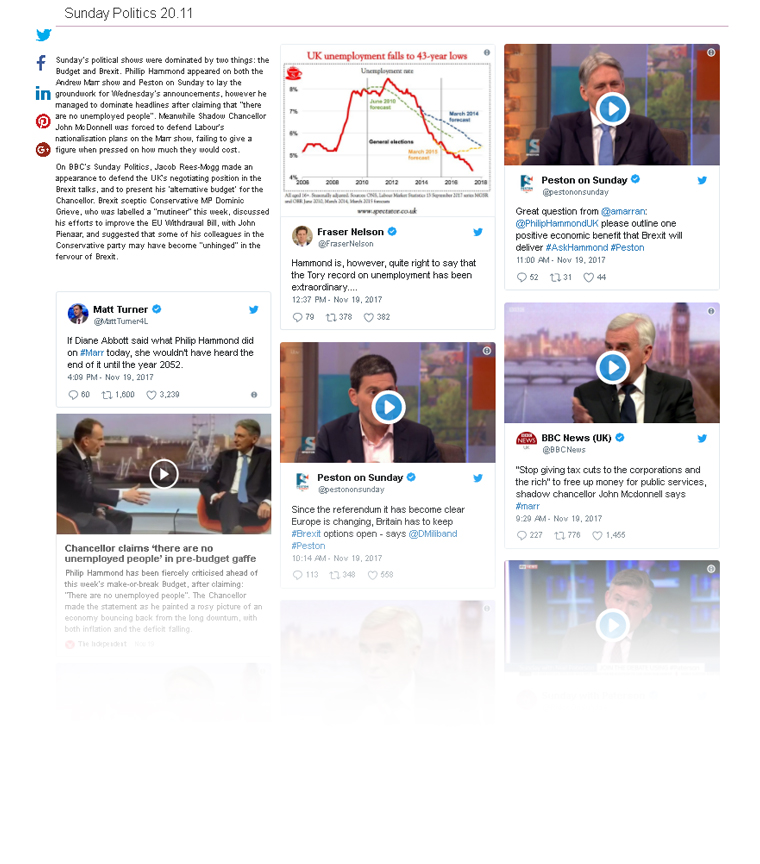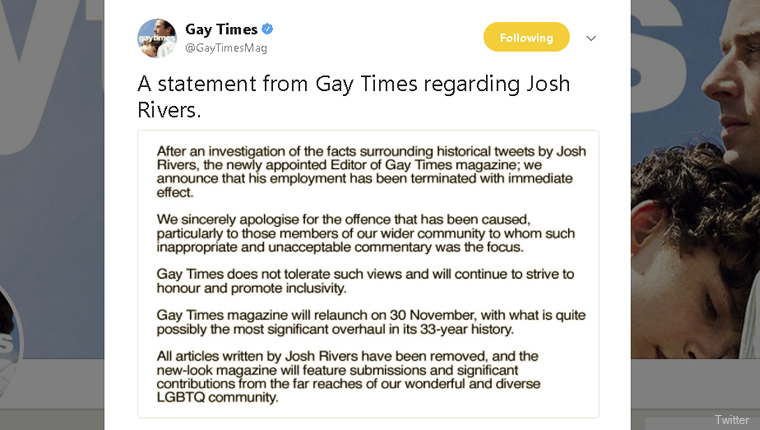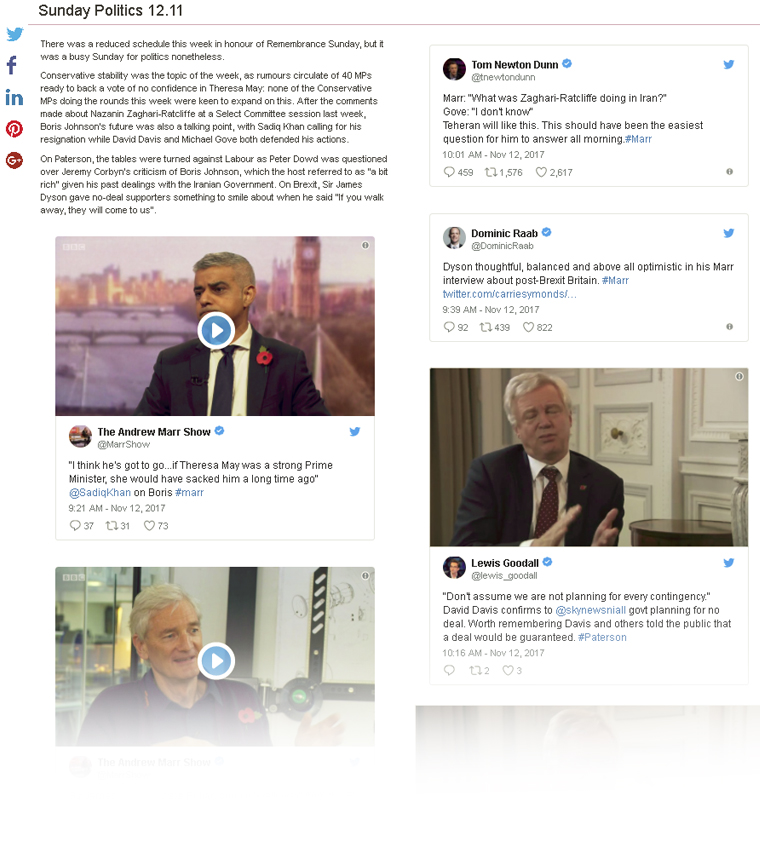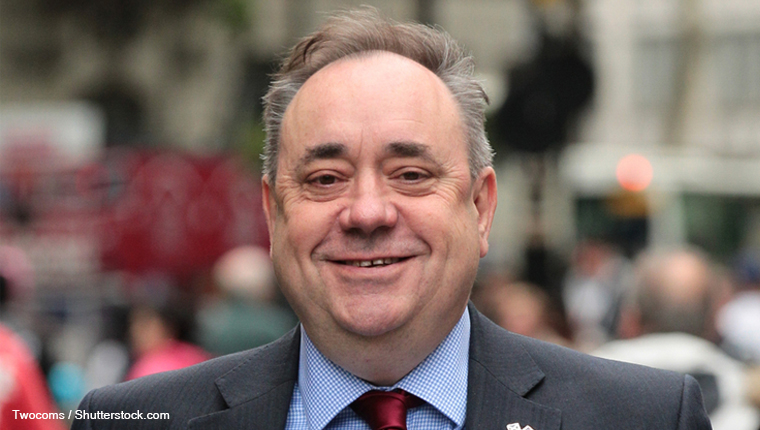Miss Thrifty Blog recently ranked in the Top 10 UK Personal Finance Blogs. Written by Karyn Fleeting, the award-winning blog focuses on spending and living well. We spoke to Karyn about the return of fashionable thriftiness, her advice for young adults and why PRs need to get to know her first.
How would you describe your blog?
The Miss Thrifty Blog champions the idea that you can spend less and have more. In other words: you can live within your means, get out of debt and begin saving for the future, without resorting to recycling teabags. My posts tackle all areas of spending, from food and fashion to personal finance.
Why did you start your blog?
When I launched Miss Thrifty in 2008, I was thousands of pounds in debt, but talking about money just wasn’t ‘done’. With the exception of my grandmother, who lived through the Blitz and still makes do and mends, my friends and family had zero interest in hearing about my new passion for making ends meet. So, I began sharing my money-saving tips, tricks and discoveries online instead. As the recession hit, traffic to Miss Thrifty soared. Thriftiness became fashionable again – for the first time since the 1940s.
What’s the biggest issue facing personal finance today?
The pension’s hole and the difficulties facing younger people who want to save. When house prices are going through the roof, rental prices are going the same way; you are saddled with an exorbitant amount of student debt and you are expected to plonk down tens of thousands of pounds for your wedding. What can you – and will you – put aside for your pension?
How do you think Brexit will affect our finances in the UK?
Generally, I avoid writing about politics on Miss Thrifty, because I have found my audience doesn’t engage with that subject on my site. People come to Miss Thrifty to discover good ideas and to cheer up! However, Brexit goes beyond politics, because the financial implications are going to affect so many of us. I think we are going to be in the soup.
What piece of advice would you give a young adult in relation to how they manage their money?
Never borrow against a depreciating asset. Don’t take out a car loan, or pay for electronic goods with a credit card if you can’t pay off the balance immediately.
How do you engage with your readership?
I serve Miss Thrifty readers on a variety of platforms. A number of email subscribers communicate with me via email, asking questions and sending ideas. The blog has been around for a long time now, but I always try and reply personally and promptly. Right now, I enjoy engaging with Miss Thrifty readers via Facebook Live. I like the immediacy of it, and the ability to engage with my audience in real time.
What makes your blog successful?
It makes frugality fun and the editorial voice is distinctive. I am not a domestic goddess; nor am I a 1950s housewife. But this, I believe, is where much of the blog’s appeal lies. What really sets the Miss Thrifty Blog apart is its strong, active community of readers, contributors and followers. They range from schoolgirls to great grandmothers. What they share is the love of a good bargain.
How do you like to work with PRs?
I don’t do much with the news releases I get, but I like to work with PRs and their clients on a more meaningful level: brand partnerships and exclusive, in-depth features are more my thing.
What’s the one thing all PR pros should know about you?
I live with my young family, in a modest semi in Greater Manchester. Why am I taking the trouble to point this out? Firstly, if you invite me to your after-work event in London, I probably won’t make it. Secondly, journalists at a women’s magazine once asked if they could come and photograph me in my ‘craft room.’ I was amused by the assumption that I lived in some sort of Pinterest mansion, but had to let them down gently.
What other blogs do you read?
When I started the Miss Thrifty Blog, there weren’t many other UK money blogs around – but now there are lots, and I enjoy reading them. Current favourites include Debt Camel, Be Clever With Your Cash, The Money Principle, Skint Dad and Emma Drew.
Karyn Fleeting and Miss Thrifty Blog are both listed in the Vuelio Influencer Database, which is the UK’s leading influencer database available to the PR and communications industries.




































